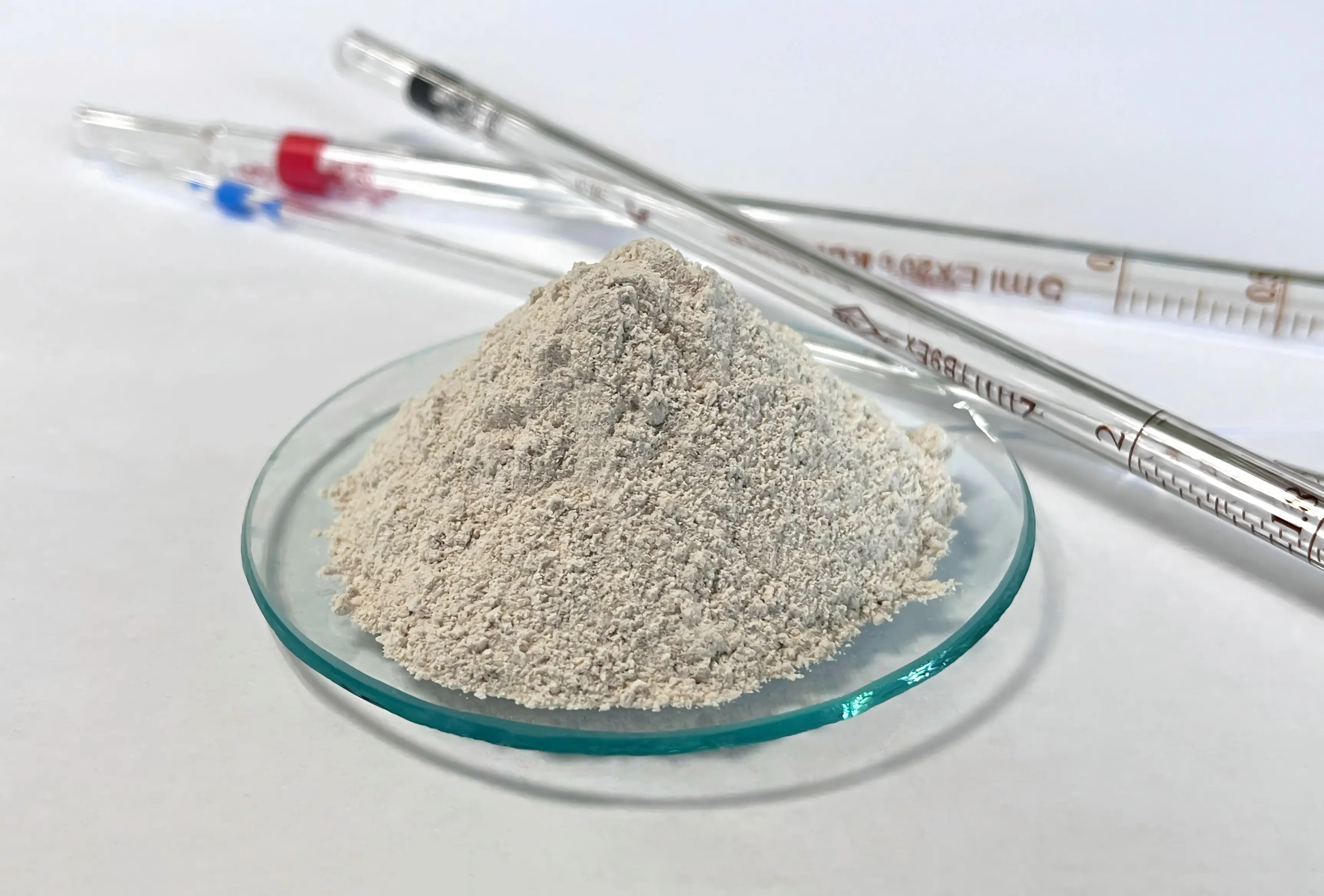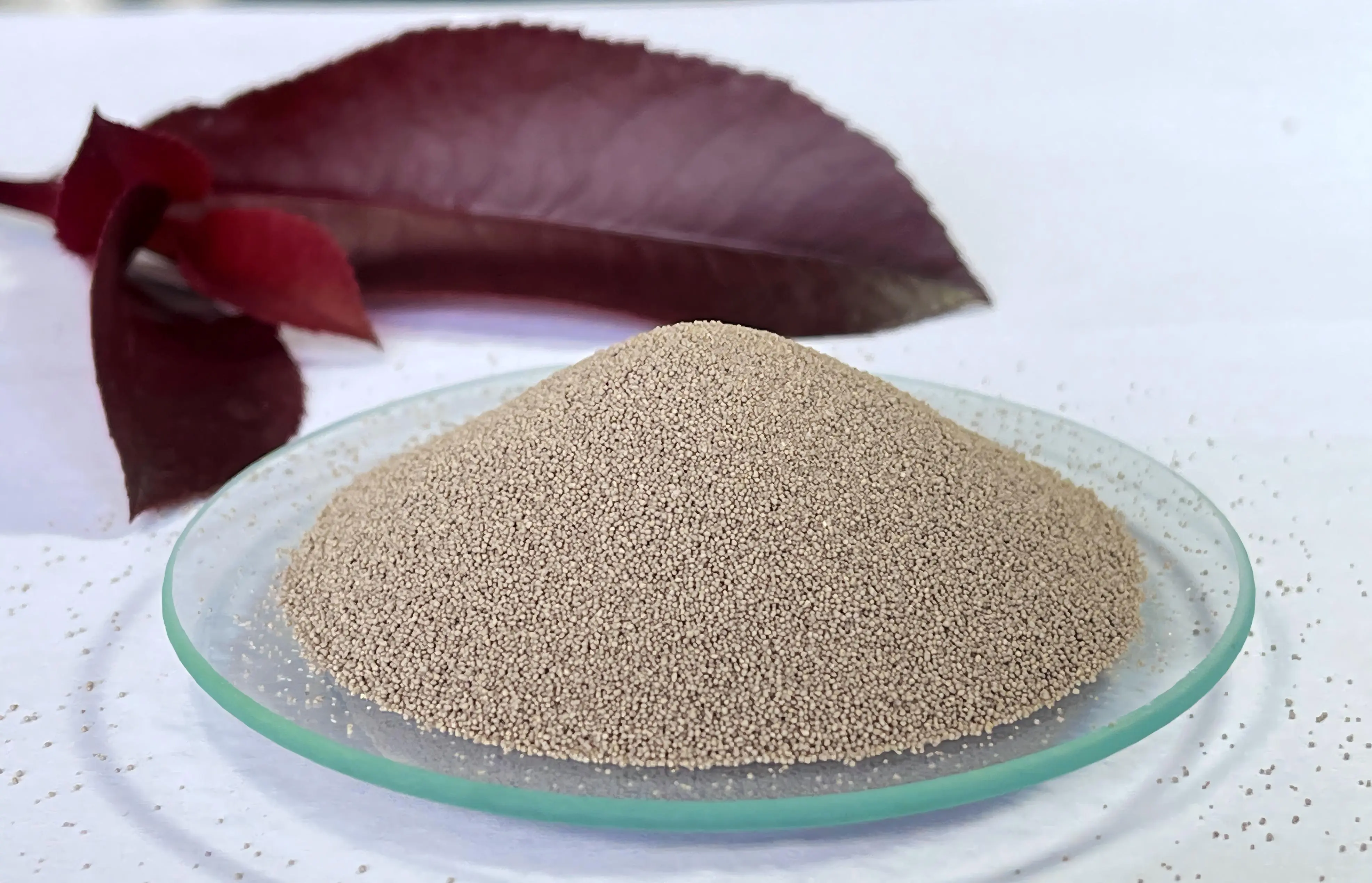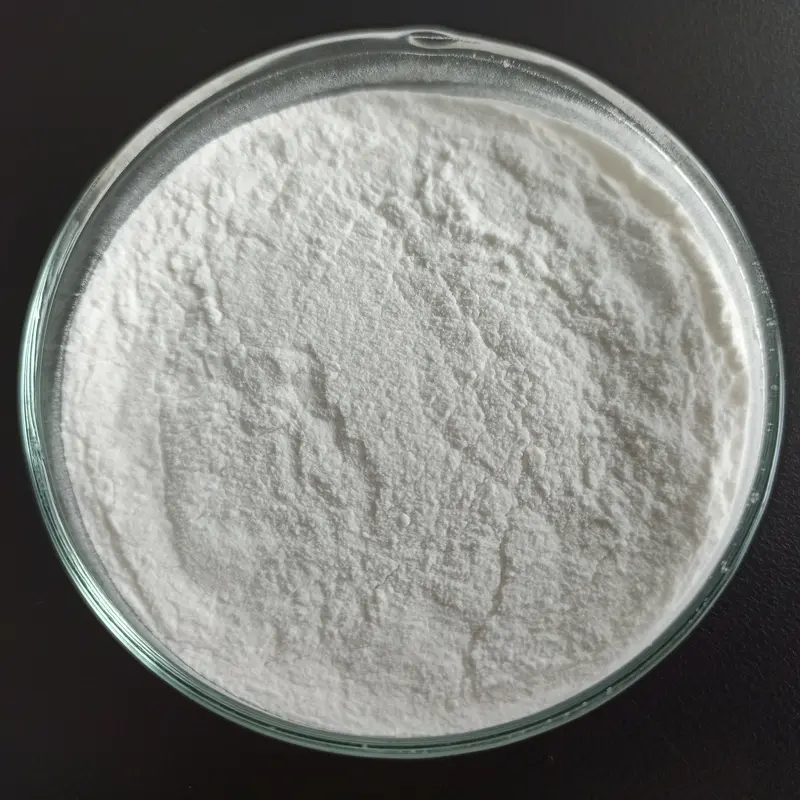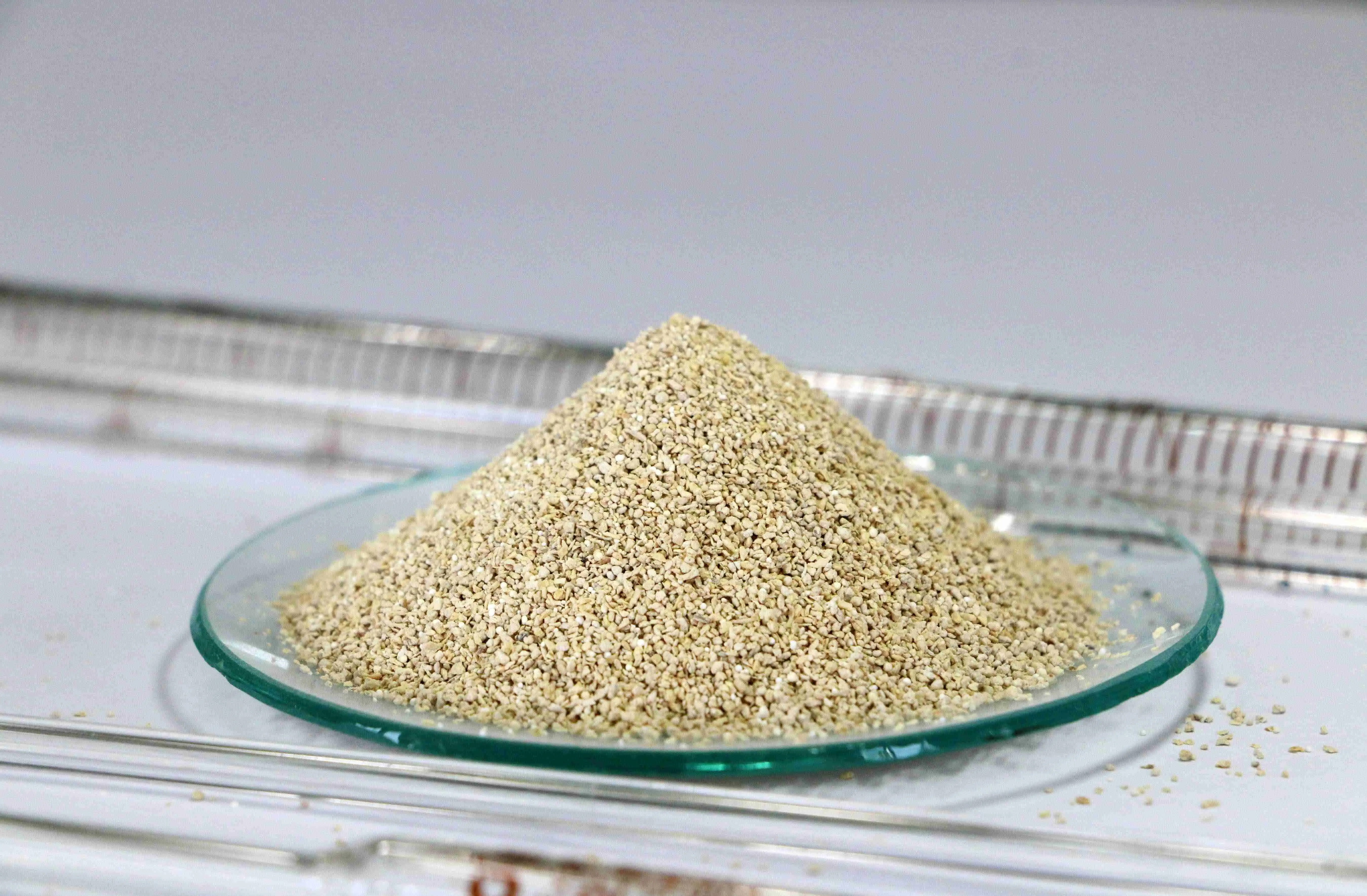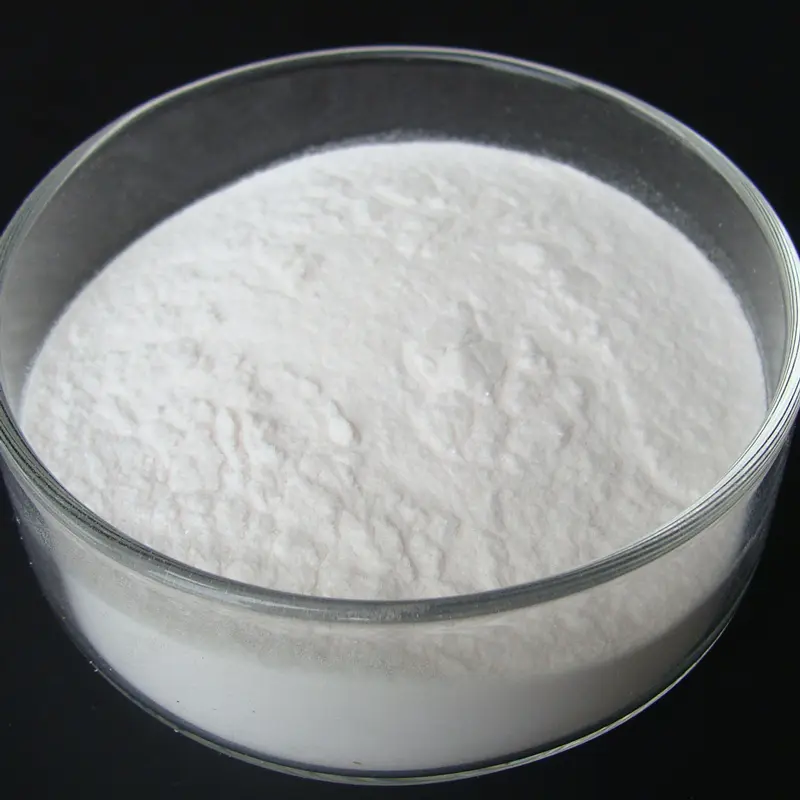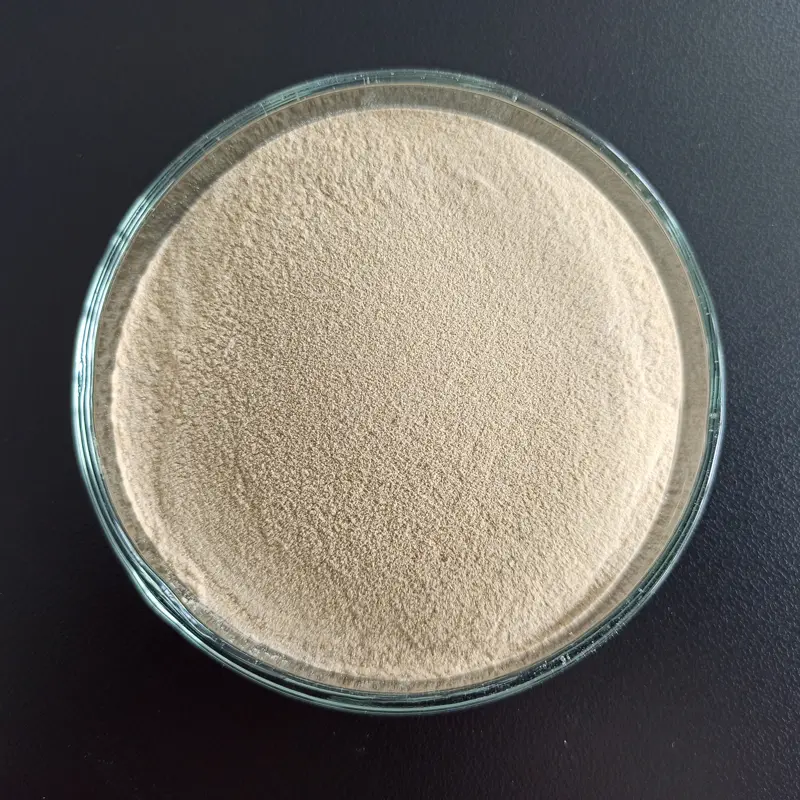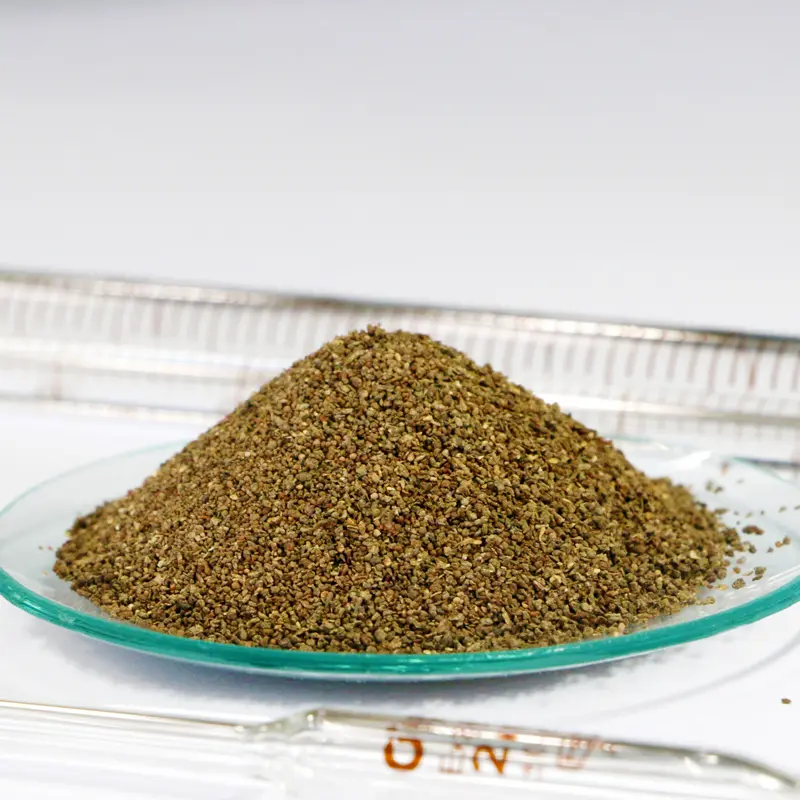OYSDMPT(Food Attractant Complex)
Why is DMPT needed in Aquatic?
1. Appetite Stimulation & Feeding Attraction
DMPT acts as a powerful feeding attractant, particularly for fish and crustaceans, due to its umami taste and odor-mimicking natural prey.
It stimulates chemosensory receptors, enhancing feed palatability and voluntary feed intake, especially in species like carp, tilapia, shrimp, and crabs.
2. Growth Performance Enhancement
Studies show that dietary DMPT supplementation (typically 50–300 mg/kg feed) improves weight gain, specific growth rate (SGR), and feed conversion ratio (FCR).
It enhances protein synthesis and nutrient absorption by promoting digestive enzyme activity (e.g., protease, amylase).
3. Stress Resistance & Immune Modulation
DMPT helps mitigate environmental stress (e.g., hypoxia, ammonia, salinity fluctuations) by regulating osmotic balance and reducing cortisol levels.
Its antioxidant properties reduce oxidative damage by boosting superoxide dismutase (SOD) and glutathione peroxidase (GSH-Px) activity.
May enhance non-specific immunity by increasing lysozyme activity and improving disease resistance.
4. Improved Meat Quality
Reduces off-flavors (e.g., muddy taste) in fish by modulating metabolic pathways.
Increases muscle protein content and improves texture in cultured species.
5. Reproductive Benefits
Some studies suggest DMPT improves gonadal development and spawning performance in broodstock, though further research is needed.
6. Environmental Adaptation
Enhances olfactory sensitivity in fish, aiding in habitat recognition and predator avoidance.
Supports osmoregulation in euryhaline species (e.g., salmon, seabass) during salinity changes.
Applications in Aquafeeds
Recommended dosage: 100–500 mg/kg feed (varies by species).
Commonly used in shrimp, crab, sea bass, trout, carp, and tilapia feeds.
Often combined with other attractants (e.g., betaine, amino acids) for synergistic effects.
Safety & Considerations
DMPT is non-toxic at standard doses but excessive amounts may inhibit growth.
Synthetic DMPT is cost-effective compared to natural extraction from algae.

